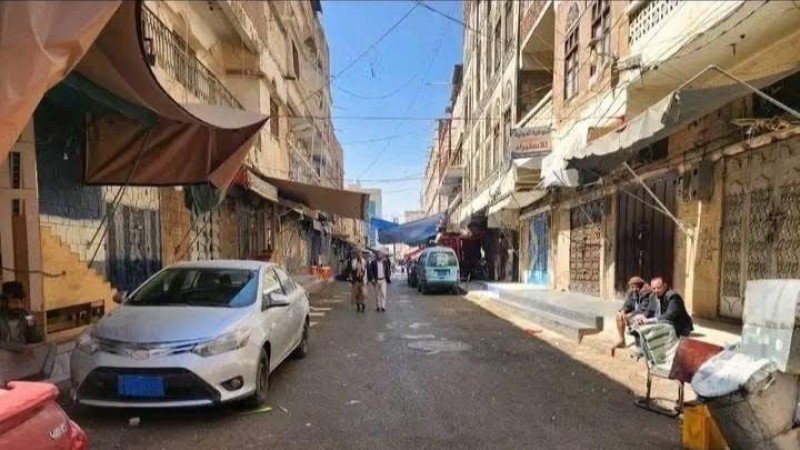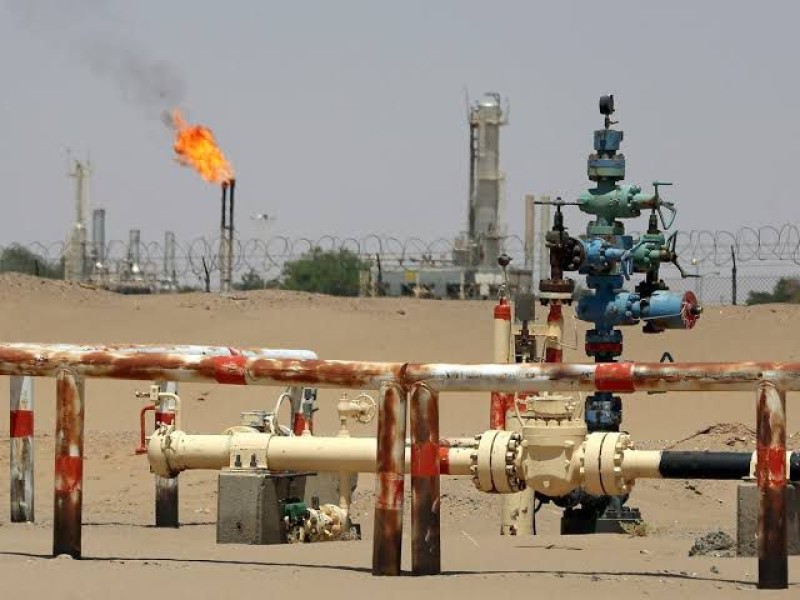IOM Yemen COVID-19 Response Update (20 September - 03 October 2020)


SITUATION OVERVIEW
Though the case rate appears to be reducing in Yemen, continued limited access to COVID-19 case data, underreporting, stigma related to seeking treatment, and limited testing capacity mean that the true impact of the virus on the country is unknown. The situation is compounded by ongoing fuel shortages affecting humanitarian operations in the north. Additionally, further restrictions have been placed on humanitarian partners in the north, suspending the procurement of COVID-19 related items and training or awareness-raising activities in lieu of providing support existing health facilities with equipment, medication and rehabilitation. These new restrictions have the potential to hamper the ability of the humanitarian community in the north to implement COVID-19 preventative measures should there be a second wave of the pandemic in Yemen
IOM teams continue to monitor countrywide COVID-19 movement restrictions. Two of five international airports (Aden and Seiyun) remain open for commercial and humanitarian flights and while Sana’a airport was closed by the authorities to humanitarian flights on 06 September, the airport was temporarily reopened for humanitarian flights on 28 and 30 September and 03 and 06 October. Fifteen sea border points and three land border points are partially open for movements, and 10 transit points in Taizz and in Al Bayda remain active to monitor public movements between southern and northern governorates. For Yemeni returnees from KSA through the Al Wadea border entry point, carrying a COVID PCR test report is mandated by Yemeni authorities. Al Wadea entry point authorities have established and installed a PCR testing facility at the entry point for travelers who arrive without the PCR test report. Between 20 September and 03 October 2020, 231 migrants were recorded in Lahj and Shabwah governorates.

Sana’a – A new international report has confirmed that Houthi militias continue to escalate economic measures against the commercial se…

Aden — For three decades prior to the outbreak of war, Yemen’s oil and natural gas sector played a decisive role in shaping the country…

Sana’a – The occupied Yemeni capital Sana’a is witnessing mounting economic panic and a sharp collapse in the real estate market…